
DQBM researchers are actively involved in a range of interdisciplinary and collaborative research initiatives that aim to translate scientific innovation into clinical and societal impact. From precision oncology to digital health and human reproduction, these projects bring together experts across institutions and disciplines.
A selection of current initiatives involving DQBM groups is listed below.
Tumor Profiler Center Switzerland (Bodenmiller Lab)
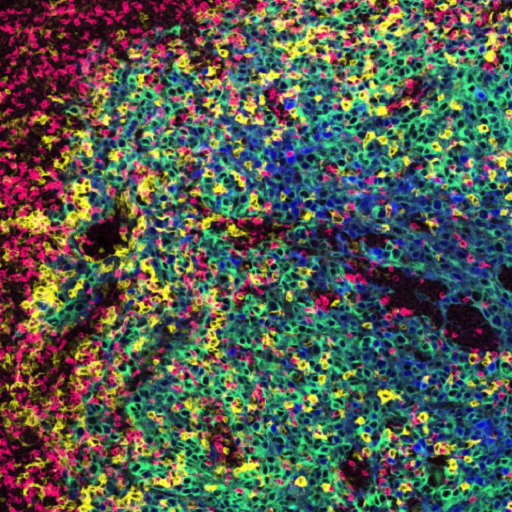
The Tumor Profiler Center (TPC) is a Switzerland-wide consortium uniting ETH Zürich, the University of Zurich, and University Hospital Basel in pioneering precision oncology. The Center applies cutting-edge, multi-omics tumor profiling and AI-driven analysis to deliver tailored treatment insights and transform cancer into a manageable condition
Bernd Bodenmiller serves as a Principal Investigator and is part of the Center’s leadership team, bringing his group’s expertise in single-cell and spatially resolved mass cytometry (imaging mass cytometry) to power TPC’s multi-layered tumor analyses
Center for Human Immunology (Boyman Lab, Joller Lab)
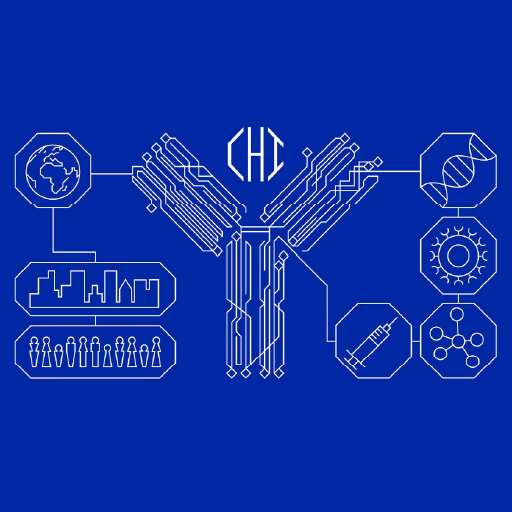
The Center for Human Immunology (CHI) is a cross-faculty initiative at UZH dedicated to advancing our understanding of human immune responses and immune-mediated diseases. Combining expertise from medicine, science, informatics, economics, and the social sciences, CHI fosters interdisciplinary research that links immunological mechanisms to clinical outcomes, health economics, and societal impact. The center aims to translate immunological insights into novel diagnostics and therapies.
Faculty from DQBM are closely involved in the strategic direction of CHI. Onur Boyman serves as Chair of the CHI Steering Committee, while Nicole Joller acts as Deputy Chair, contributing to the scientific and organizational leadership of the center.
https://www.uzh.ch/en/researchinnovation/priorities/competence/CHI.html
Experimental and Clinical Imaging Technologies (Menze Lab)
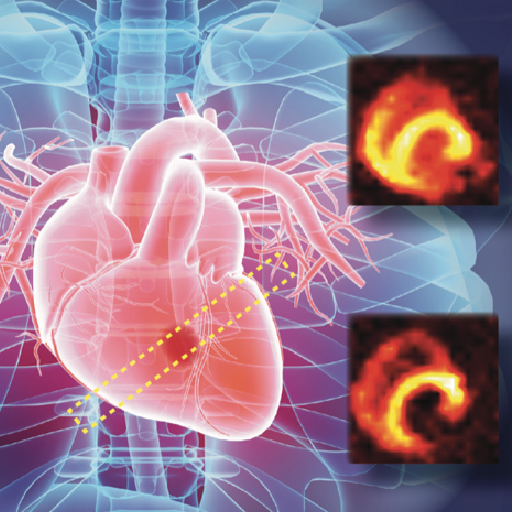
EXCITE is an interdisciplinary research initiative by UZH and ETH Zurich dedicated to advancing biomedical imaging across scales - from molecular resolution to clinical implementation. The center fosters innovation in imaging technologies, supports collaborative projects between research and clinical teams, and offers educational programs such as the annual EXCITE Summer School in Biomedical Imaging.
Bjoern Menze, professor at DQBM, is a member of EXCITE’s core leadership and currently serves as Chair of the Steering Committee, helping shape the center’s strategic direction and foster interdisciplinary collaboration.
URPP Human Reproduction Reloaded (Krauthammer Lab)

URPP Human Reproduction Reloaded (H2R) is a cross-faculty research initiative at UZH that examines the societal, ethical, legal, and technological dimensions of human reproduction in the 21st century. Combining empirical research with normative analysis, the program addresses topics such as assisted reproductive technologies, genome editing, reproductive autonomy, and data governance.
Michael Krauthammer, professor at DQBM, contributes his expertise in biomedical informatics as a scientific collaborator and serves as a member of the H2R Executive Committee, supporting the strategic development of the initiative.
AI Tumorboard (Krauthammer Lab)
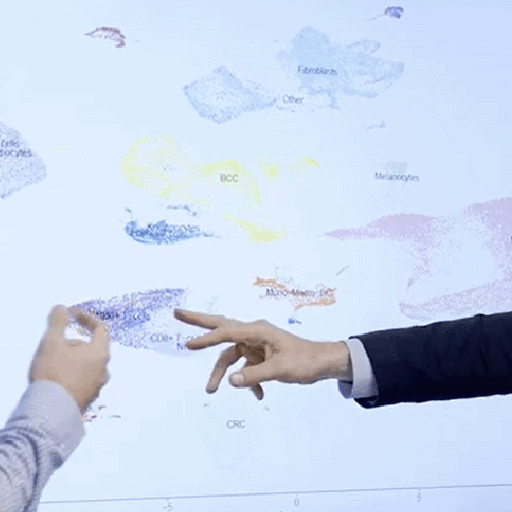
The AI Tumor Board is a three-year initiative supported by The LOOP Zurich and the Promedica Foundation, aiming to embed artificial intelligence into clinical oncology practice. The project equips tumor board sessions at University Hospital Zurich and the Children’s Hospital with AI tools that rapidly analyze treatment guidelines, genetic profiles, imaging data, and past outcomes - helping clinicians make faster, more personalized therapy decisions.
Michael Krauthammer, Professor and Head of DQBM, is a scientific collaborator in the project, contributing his expertise in biomedical informatics to the development of the AI system and its deployment in clinical settings.
Medical, Multilingual and Privacy-Preserving Natural Language Processing in the clinical domain (Krauthammer Lab)

Medical, Multilingual and Privacy‑Preserving NLP (M2P2) is an SNF-funded collaboration led by IDSIA and UZH, addressing the challenges of processing clinical notes across languages while maintaining patient privacy. The project develops advanced de-identification techniques and NLP tools to extract oncology-related insights and generate patient-friendly discharge summaries across Switzerland’s three official languages.
Michael Krauthammer, Professor at DQBM, is a co-proposer on the project, contributing his biomedical informatics expertise to guide its development and clinical application
LOOP Biomedical Informatics Platfrom (Krauthammer Lab)
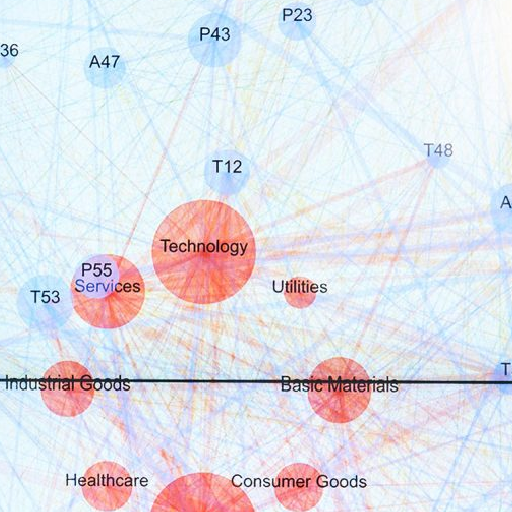
The LOOP Zurich Biomedical Informatics Platform (BMIP) is a central data infrastructure that integrates, harmonizes, and securely stores clinical data from Zurich’s university hospitals. It enables interoperable access - aligned with Swiss Personalized Health Network (SPHN) standards - and supports AI-driven medical research and patient care across institutions.
Michael Krauthammer, Professor at DQBM, is a co-project leader of BMIP, contributing his expertise in biomedical informatics to ensure the platform supports advanced AI applications in clinical environments.
https://theloopzurich.ch/en/the-loop-zuerich-biomedical-informatics-platform/
URPP Evolution in Action (Kümmerli Lab)

The URPP Evolution in Action unites diverse research groups at UZH to explore the mechanisms of diversification and adaptation across scales—from genomes to ecosystems. Leveraging genomic technologies and interdisciplinary collaboration, the program studies evolutionary processes in both model and non‑model systems to bridge biological disciplines and drive innovation.
Rolf Kümmerli, Professor at DQBM, contributes to the initiative by integrating evolutionary microbial ecology perspectives into its scientific strategy and collaborative efforts, enriching the program’s interdisciplinary reach.